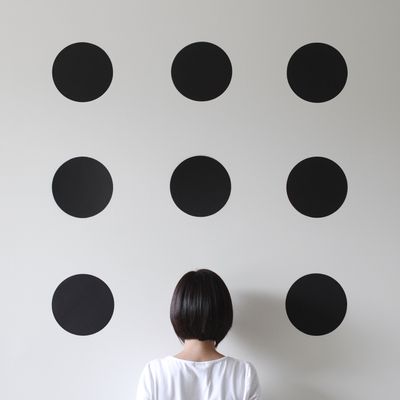
Long-acting reversible contraception methods like the IUD are becoming more and more popular, and with that popularity comes a pleasant side effect for some: the end of periods.
Let’s back up a minute. Hormonal birth control works by preventing ovulation, meaning your ovaries don’t release eggs while you’re on it. If an egg had been released that month but not fertilized, you’d shed your uterine lining, a.k.a. get your period. Since there’s no egg to speak of on hormonal birth control, you’re basically having a fake period.
While some people prefer to keep getting this imposter flow so they know they’re not pregnant (reminder: no method, not even sterilization, is 100 percent effective), others would gladly skip it and the related cramping and instead take pregnancy tests on the regular.
Many women know that they can skip the placebo week of their pills to bypass their (fake) period, but it also turns out that some women using long-acting methods stop getting their placeholder periods altogether. About half of women with IUDs stop menstruating after a year, and after two years about 20 percent of those with implants stop bleeding. Taking continuous birth control pills for a year will stop periods in about 70 percent of women. Women who use the shot for birth control have about the same response as IUD users after one year, but at year two the suppression rate goes up to 70 percent. NPR breaks it all down in this handy chart.
Use of IUDs and implants went up nearly five-fold between 2002 and 2013, and since October 2012, the American College of Obstetricians and Gynecologists has recommended IUDs and implants as the top choice for adolescents since they’re the most effective at preventing pregnancy, but some doctors say the jury is still out on whether there are long-term effects of suppressing menstruation, especially in teens.
Some women may be opting for long-acting methods because of the convenience of not having to take a daily pill, while others may be specifically interested in bleeding no more. Elizabeth Micks, MD, who runs an OB-GYN clinic at the University of Washington in Seattle, told NPR that humanity is ready for it.
“In general, I think views are changing really rapidly,” she said. “
And when that need vanishes fully, women can take money previously spent on tampons, pads, period underwear, pain reliever, and the like and put it toward much better things, such as humongous wedges of cheese.




